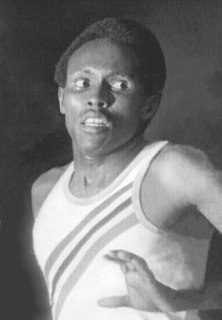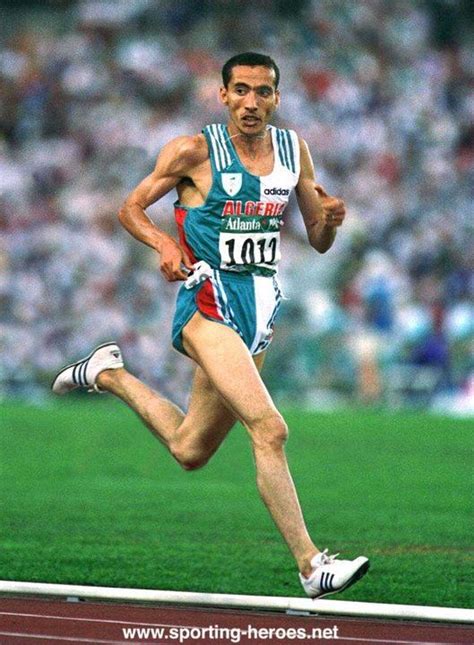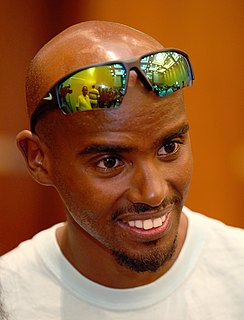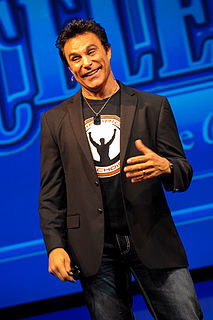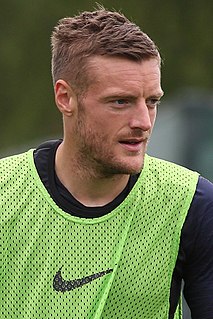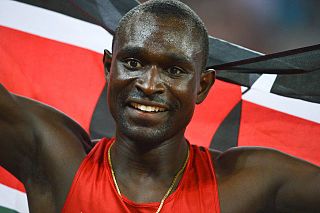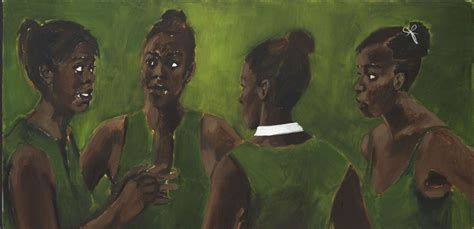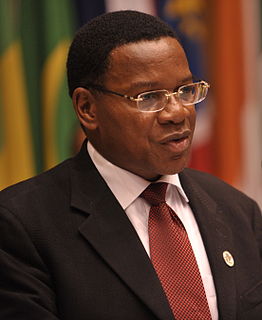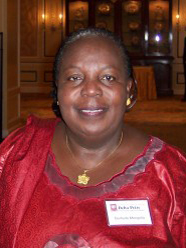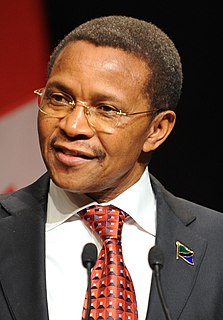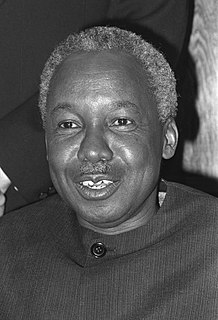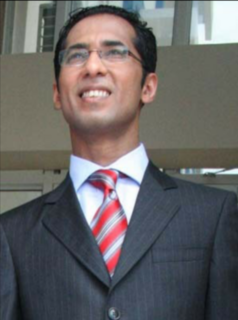A Quote by Filbert Bayi
Think about the change that occurred in the 1500m at Christchurch. The 1500m was usually a slow race and then a sprint [at the finish]. But in 1974 I changed that from the beginning to the end. And not many people have thought about that.
Related Quotes
How you start is important, very important, but in the end it is how you finish that counts. It is easier to be a self-starter than a self-finisher. The victor in the race is not the one who dashes off swiftest but the one who leads at the finish. In the race for success, speed is less important than stamina. The sticker outlasts the sprinter in life's race. In America we breed many hares but not so many tortoises.
When people ask about the aspect of race in the work, they are looking for very simple or easy answers. Part of it is when you think other people are so different than yourself, you imagine that their thoughts aren't the same. When I think about thought, I think about how much there is that is common.
I thought about the earth then, really thought about it, the tsunami's and earthquakes and volcanoes, all the horrors I haven't witnessed but have changed my life, the lives of everyone I know, all the people I'll never know. I thought about life without the sun, the moon, stars, without flowers and warm days in May. I thought about a year ago and all the good things I'd taken for granted and all the unbearable things that had replaced those simple blessings. And even though I hated the thought of crying in from of Syl, tears streamed down my face.
There were 16 people in the race, including a number of governors, and there's only one left. And I think that at the end we have to make sure that we have somebody that can go to that town, change that system, grow employment, change the whole way in which it works and ship power money and influence back to the states. So I'm optimistic about it.
